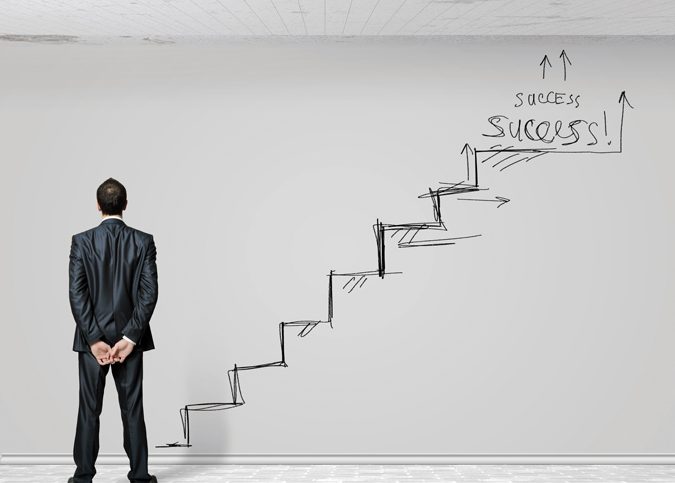I declare that December is here, and it is almost time for the New Year. We love to make promises to ourselves at the eleventh hour don’t we? Right before we go to sleep, we promise ourselves that in the morning we will get our lives together, eat better, lose weight, and stop whatever bad habit we hate most at this moment.
On the weekend, we promise to start our diet at the beginning of the week (Sunday or Monday as the case may be), justifying one ‘final’ bender before we pull ourselves together.
Having failed these, we then for opt for the monthly ritual; “next month,” we say to ourselves “I will begin a rigorous program of proper eating, sleeping early and no more binge watching TV shows.”
When that goes down the sinkhole following its predecessors, we look to the final frontier (not space…the New Year) as the final hope for getting it together. In a mass decision to pretend that we have not done this before, we embrace the tradition of coming up with resolutions every New Year, which we then fairly quickly let go of usually by mid-January or early February at the latest. On the bright side, this gives us the opportunity to recycle our resolutions for the next New Year.
The trouble with making all these life affirming promises that we don’t keep is that they lurk at the back of our minds and almost imperceptibly poke at our consciousness in the form of those moments of clarity that come when you are lying in bed at three in the morning, keeping the cycle of broken promises going.
There are patterns of common promises that we make, losing weight, quitting smoking, making more time for ourselves, travel more, spend better, read more, and volunteering. The resolutions we make tell us where we think we need to improve, but seldom how we need to go about achieving those targets, which of course does nothing to make us feel better about ourselves.
In the short term, when we make the promise and visualize the result in our mind, we get a sense of accomplishment similar to the one we would have gotten if we had actually gone out and done the deed. What this means is that our constant visualization and promises of improvement become substitutes for actual achievements in our minds, which in turn means that we are less likely to put the effort into achieving our goals, because after all, our minds have already felt the sought-after sense of accomplishment.
Some time will pass, and that feeling will fade, spurring us to think about self-improvement again, triggering the habitual response of making a promise/resolution to reach for the stars starting tomorrow morning, or next week, next month, or even on the first of January.
The cycle goes on.
How about something a little different this time? Try taking one small step, instead of trying to leap over the chasm all at once; Homer Simpson’s attempt at that put into visual terms precisely what happens to those who make that attempt without any prior preparation. One small step for you, can eventually become one giant leap for you (what, did you think it would be a giant leap for mankind?)
Instead of promising yourself to become a specimen of physical perfection who volunteers at the local soup kitchen/hospital or whatever you think the most dramatic place to volunteer is, figure out what it is you actually need to do in order to achieve that goal, break it down into steps, and make that first step your resolution instead.
Break down one resolution into smaller, easier to apply segments; it might be more useful to start with one and see what happens instead of starting with a long list and curling up in a corner shaking your head as you are overwhelmed by the thought of doing all those tasks.
The goal here is to break the habit of not keeping our promises and not sticking to our resolutions, and the best way to do that is to start with small steps, and then work our way up. Taking the first step is already hard enough, without the added burden of it being a compound, complex task.
It is better to take small steps one after the other instead of just thinking about taking one giant leap.








